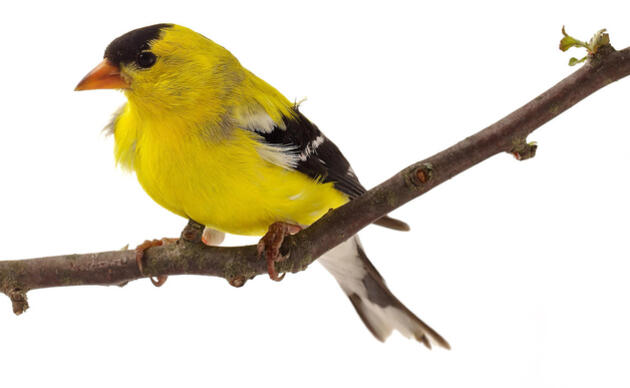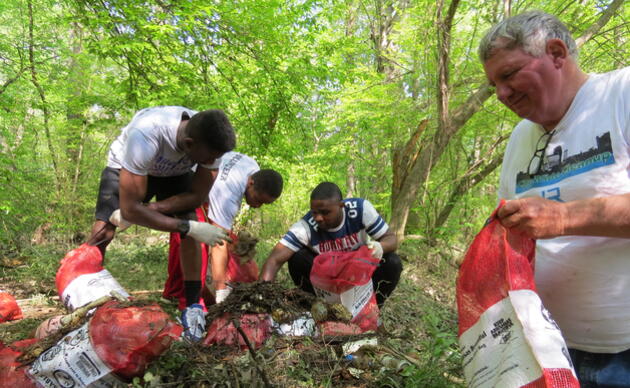Take Action
We can all take steps to reduce our energy use, switch to cleaner sources of power, conserve habitat and encourage our leaders to take sustainable policy choices. Here is a short list:
Be an Active and Educated Citizen
Sign up for Audubon Action Alerts. You can voice your support for new approaches to help move us toward a 100 percent clean energy future. Stay informed, write letters to your leaders, and support candidates who promise to take aggressive and farsighted action to curb climate change. Learn how you can get involved.
Determine Your Own Carbon Footprint
An energy audit assesses how much energy you consume. A carbon footprint shows how much greenhouse gas you emit into the atmosphere. These figures can help you determine steps you can take to make your home, school, or office more energy efficient. Many footprint calculators are available online.
Reduce Energy Consumption
Save money and energy by switching to compact fluorescent light bulbs. Use natural sunlight for daytime lighting whenever you can. Weatherize your home and reduce excessive use of home heating and cooling. Buy energy efficient appliances such as those that are “Energy Star” compliant.
Eat Locally Grown and Organic Produce
The fewer miles your products travel, the less energy is used for refrigeration and transport. And buy organic. That reduces the use of pesticides that kill the organisms which help keep carbon in the soil.
Shop Smarter
Manufacturing, packing, transporting, and selling goods not only use huge amounts of energy but also release excessive amounts of greenhouse gases. When shopping, always ask, “Do I really need this? Does the Earth really need this?” You’ll probably save money as well.
Save Gas and Money
Use public transportation, ride your bicycle, walk, carpool, and drive a more energy-efficient vehicle. Keep tires properly inflated to increase fuel efficiency—it will lower your fuel costs.
Plant More Trees and Buy Good Wood
An average tree absorbs ten pounds of pollutants from the air each year, including four pounds of ground-level ozone and three pounds of particulates. So, plant leafy trees around your house to provide windbreaks and summer shade. When shopping for lumber, ask about certified wood. Certified wood comes from sustainably managed forests that are ecologically responsible and bird-friendly.
Switch to Green Power
Power plants are the single largest source of heat-trapping gases in the U. S., but in some states you can switch to utilities that provide 50 to 100 percent renewable energy. You may also want to consider installing solar panels on your home.
How you can help, right now
Be a voice for birds
Join our Advocacy Team to receive action alerts about legislation and policy when Audubon Delta's birds need your voice.
Join Our Flock
Signing up is the best way to keep up with Audubon's latest news, programs and initiatives.




